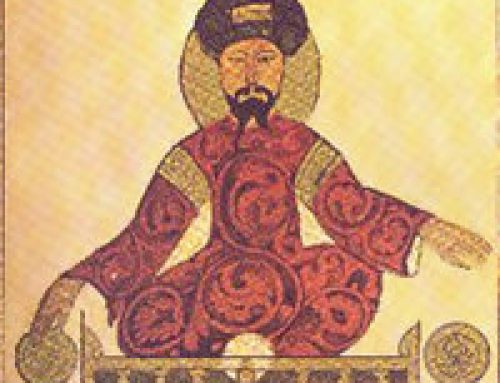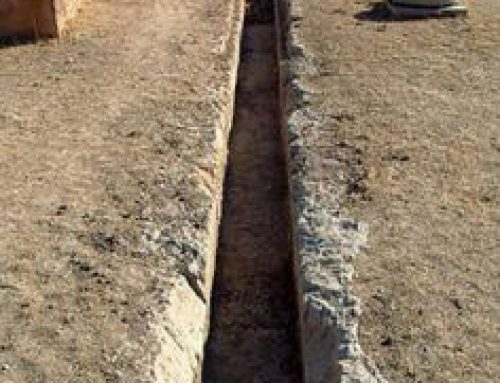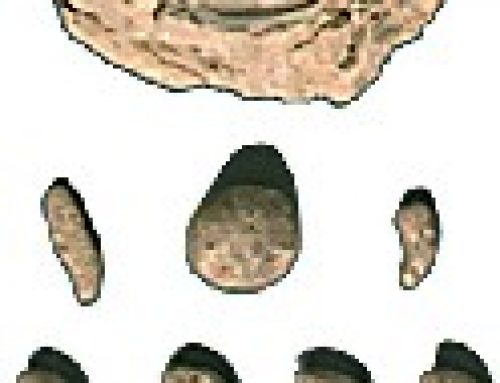
Aramaic language: Comparing different ancient alphabets
When did Aramaic get going?
As people began to settle down in towns in West Asia, about 4000 BC, they began to speak differently from their neighbors. Some people spoke Hebrew, some spoke Arabic, some spoke Akkadian. The people who lived in Syria spoke Aramaic.
More about Arabic
Who were the Akkadians?
All our West Asia articles
Aramaic and the alphabet
After the Dark Age around 1000 BC, these Syrians spread out into Babylon and Assyria, and they brought their language with them. They also brought the newly invented alphabet to write it with.
History of the alphabet
Source of alphabet signs
From cuneiform to the alphabet
Aramaic slowly became the language everyone used for government, and to communicate with strangers. By about 600 BC, most people in West Asia spoke at least some Aramaic, even if it wasn’t their first language.
Aramaic in the Persian Empire
Then the Persians conquered West Asia and made it all into the Persian Empire in the 500s BC. The Persians didn’t speak Aramaic themselves – they spoke Farsi, an Indo-European language. But they still went right on using Aramaic to talk to the people they ruled.
The Persian Empire
The rise of the Silk Road
With so many people using the Aramaic alphabet to keep records and write letters, people got sick of drawing little pictures and worked out easier, quicker ways to make the letters. You can see what Aramaic looked like on the right. It’s the same letters, in the same order, but simpler.
From Aramaic to Arabic
Under Alexander the Great, and then under the Romans and the Sassanians, people in West Asia went right on using Aramaic as their main language.
Who were the Sassanians?
Aramaic was what Jesus and his disciples spoke, most of the time. Most people in West Asia – except the Persians, who kept on speaking Farsi – kept using Aramaic until about 700 AD, when the Islamic conquests caused people to slowly shift to speaking Arabic instead.
More about Arabic
Bibliography and further reading about Aramaic:




